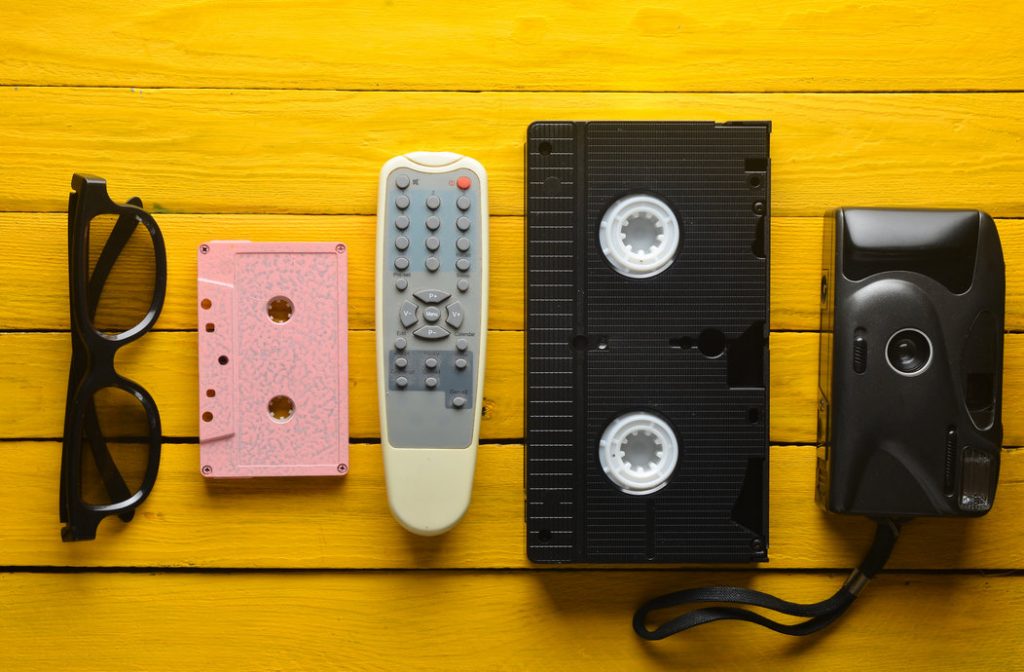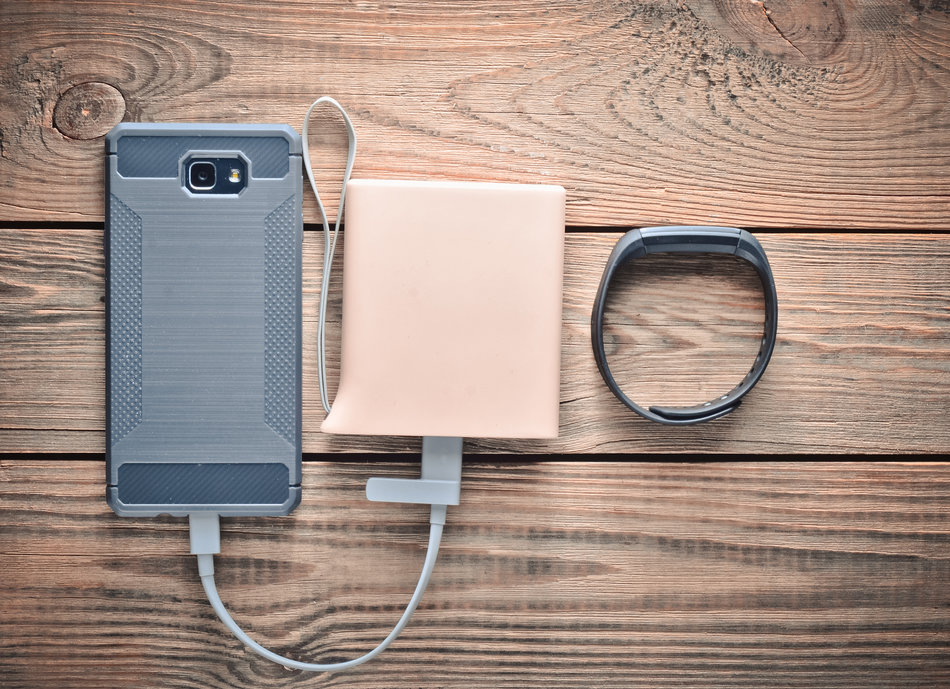When it comes to technology, there is no denying that digital has analogue beat every time. Analogue and digital are both signals used to transmit information, such as audio and/or video, that is transformed into electric signals. The main difference is that analogue information is translated into electric pulses of varying amplitude, whereas digital translates information into binary format. Analogue voltages continuously change, whereas digital voltage has defined levels.
So, what does all that actually mean for technology? Well, analogue has limitations that digital doesn’t share, such as being subjected to deterioration by noise during transmission, and not being flexible with its uses. Digital has transformed the way most technology works. As binary code can be easily manipulated, it offers a wider range of options. As a result, analogue technology, such as analogue phones, have become redundant.
VHS tapes and DVDs illustrate the clash between analogue and digital perfectly: two contrasting formats, both with the same usage but entirely different operations. We’ve already discussed why DVD is superior to the VHS; here are the reasons why digital wins over analogue every single time:

Accessibility
Analogue technology, such as VHS, is typically stored in boxes tucked away somewhere, forgotten in a corner or buried in an attic. With digital formats, such as MP4, your home movies are only a few clicks away on your computer or laptop. There’s no need to dig out old tapes and source a VHS player – let’s face it, who even owns one of those anymore? Your videos will be much more accessible and available to you in the form of a digital copy.
Share for Free
The glorious thing about digital is that you can share your photos and videos anywhere across the entire world practically instantaneously. Does your grandma live all the way in Australia? Well, there’s no need to fork out a lot of money to send over a photo album or a physical copy of a video of her grandchild taking their first steps. Simply email her the digitalised files and she can watch them to her heart’s content.
No Storage Needed
Space is so valuable these days, it seems like people always need more. Well, don’t let your dwindling cupboard space be taken up by the likes of VHS tapes, with a VHS to MP4 conversion you can make all that space reappear as if by magic. With digital copies of all those memories saved on your computer (and anywhere else you want to save them), you can dispose of those tapes and have more space for things you need.
Not Susceptible to Damage
Unlike those old, physical tapes that can become damaged through the likes of poor storage, flooding, fire and children with sticky hands, your digital copies are virtually indestructible. Aside from the likes of an apocalyptic solar flare bringing mankind to its knees, your digital copies will be safe (and if that does happen, well, we will have bigger problems to worry about than the loss of some videos).
Cloud to the Rescue
Of course, if you lose your laptop or have it stolen, you could be at risk of losing your digital videos if no one else has a copy they can resend you. Fortunately, thanks to the cloud, you can upload your digital files there and access them from any device, anywhere and at any time. So, if your laptop does go missing, your new one will still have your files waiting for you on the cloud.
Digital Copies Last
Unlike analogue, digital doesn’t fade or deteriorate over time. No matter how long you keep those files dormant on your computer, the footage will always be exactly the same when you open them. No need to worry about physical tape getting smudged, scratched or torn; the digital copy will always be in its original state.
Super Compatible
Whilst both analogue and digital are limited to only being played on compatible devices, the key difference is that analogue can be easily converted to digital. Digital is also able to play on a much wider range of devices. A DVD, for example, can be played in a DVD player, a laptop and many games consoles, whereas a VHS tape is limited to a VHS player. Digital copies, like MP4, have even more possibilities, like the ability to be played on devices such as smart phones and tablets.


